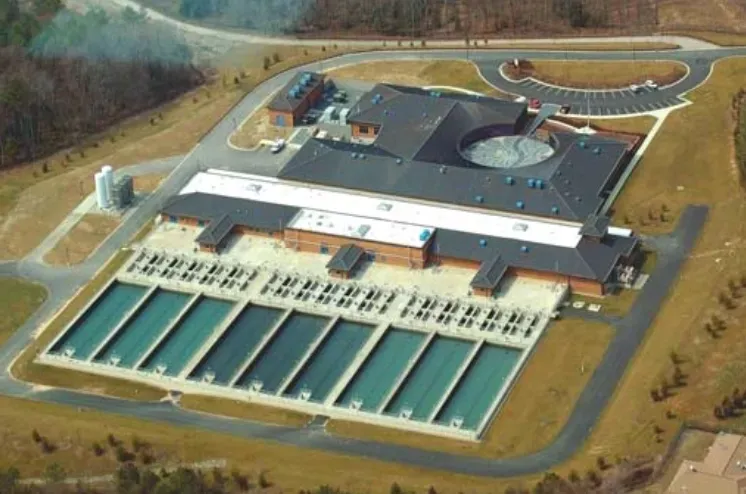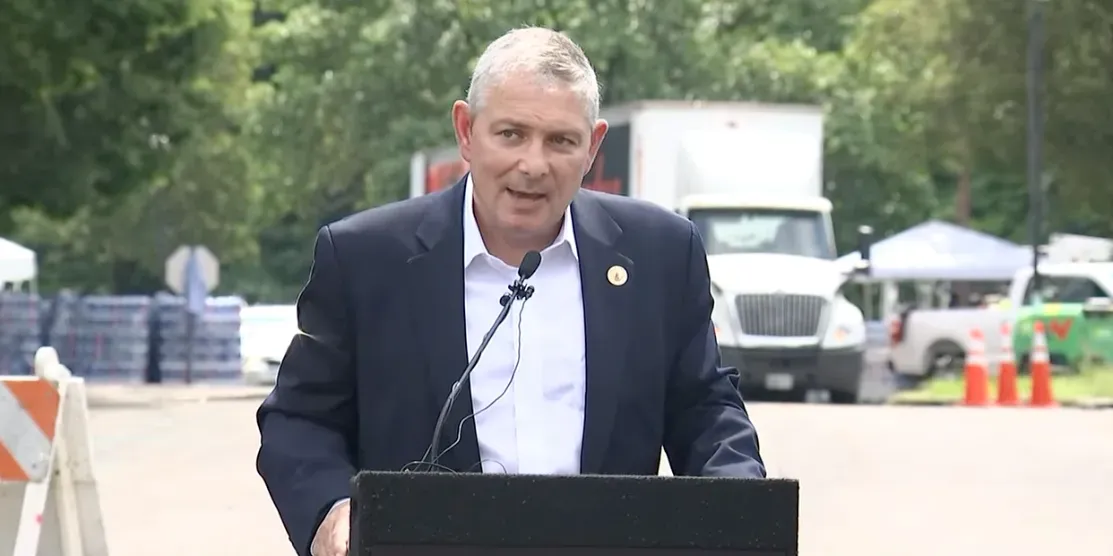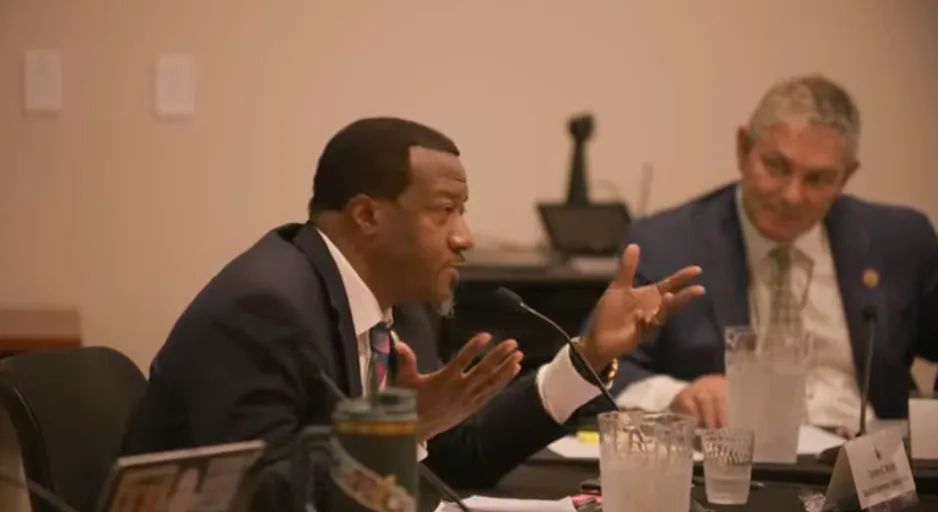Henrico water crisis — Government — Henrico government — Community — Western Henrico — Northern Henrico — Eastern Henrico — Top News — Richmond City Council — Danny Avula
Richmond forms 2 'strategic work groups' to address water sustainability; 1 will involve Henrico officials





